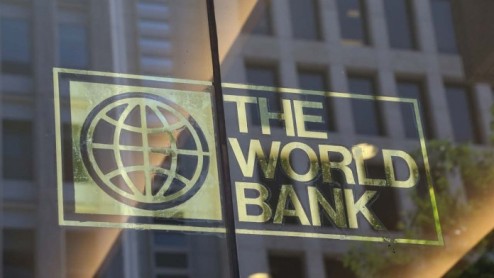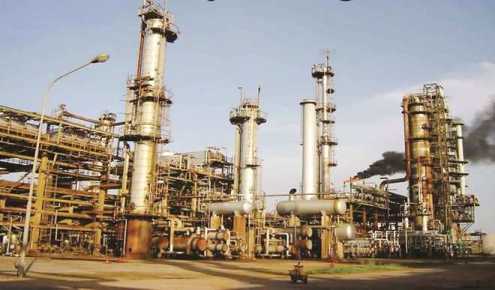LAGOS JUNE 28TH (NEWSRANGERS)-The World Bank has stated that Nigeria has one of the highest inflation rates, which pushed an estimated four million people into poverty between January and May 2023.
This was disclosed during the launch of the June 2023 edition of the Nigeria Development Update on Tuesday in Abuja.
The Washington-based lender also said about 7.1 million poor Nigerians would become poor if the Federal Government failed to compensate or provide palliatives for them, following the removal of fuel subsidy.
According to World Bank data, 89.8 million Nigerian were poor as of the beginning of this year. The lender noted that additional four million Nigerians became poor between January and May this year, raising the figure to 93.8million.
Latest projection means the number of poor Nigerians will rise to 100.9 million if the government fails to compensate vulnerable citizens for fuel subsidy removal.
The World Bank Nigeria Development Update report noted that Nigeria’s inflation has risen to a 17-year high, and has been driven by a number of factors, such as CBN funding of budget deficit, previous multiple exchange rates, devaluation, and trade restrictions.
The report read, in part, “Consumer price inflation has surged and is currently one of the highest globally, which is related to Nigeria’s fiscal imbalance and points to the urgency of reform efforts. Inflation in Nigeria has been high for many years due to structural factors, but it escalated in 2022, to the point where consumer prices increased at their fastest pace for 17 years.
The bank stressed the need for adequate compensation, noting that compensating transfers will be essential in helping to shield Nigerian households from the initial price impacts of the subsidy reform.
The lending institution further applauded the removal of the subsidy and FX management reforms, which are crucial measures to begin to rebuild fiscal space and restore macroeconomic stability.
It stressed that the opportunity should be seized to take further necessary policy reform steps.
The report added, “Following a bold start with the recent PMS subsidy reforms and FX reforms, the urgency remains for Nigeria to seize the opportunity to chart a new course with ambitious and comprehensive reforms to raise long-term growth prospects.”
In his remarks, the governor of Oyo state, Seyi Makinde, said the reforms of the new administration are a step in the right direction.
However, he said there is a need to ensure that social safety nets are put in place because other than the local disruptions, there are also global headwinds that affect Nigeria as well.
“Social protection programs must be taken with a systemic approach towards long-term objectives,” he said.
Abia State Governor Alex Otti stressed the need for deregulation in the oil sector in order to maintain the reforms in this sector.
“What is important is not that the subsidy is removed, but the ability to sustain that removal, and the only way to do is moving from regulation to deregulation,” he said.
He further stressed the need for a sustainable cash transfer programme and other programmes that are well-targeted to the poor affected by the reforms in the country.
The Resident Representative for Nigeria of the International Monetary Fund, Ari Aisen, noted that the current reforms of the new administration are expected to have side effects.
He said, “There were so many distortions accumulated in the past, it is naturally that when these policies are implemented, you have some side effects. We should all expect that.”
Aisen added that inflation will likely keep rising, and stressed the need for policies that would curb inflation.
“Here, inflation is the main culprit in the room. We have seen inflation already high before the implementation of these policies. Inflation is likely to increase further. In our view, it is going to be critical to tailor macroeconomic policies to reduce inflation,” he said.
The World Bank Country Director for Nigeria, Shubham Chaudhuri, further disclosed that Nigeria is the biggest beneficiary of concessional financing from the World Bank, with over $10.5bn since February 2020.
The World Bank lead economist for Nigeria, Alex Sienaert, during a presentation at the event, said that Nigeria is projected to save up to $5.1bn (N3.9tn) in 2023 alone after the removal of fuel subsidy and reforms of its foreign exchange market.
Sienaert also said that the gains from these policies are expected to reach over N21tn between 2023 and 2025.
Punch











